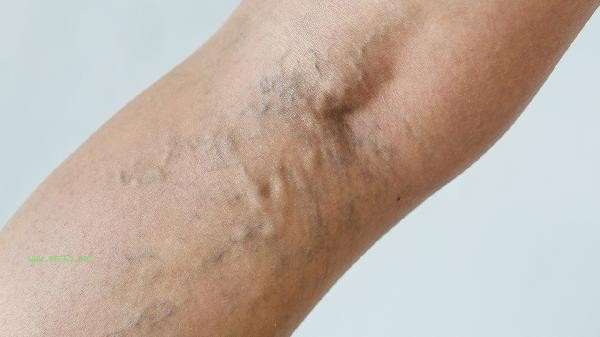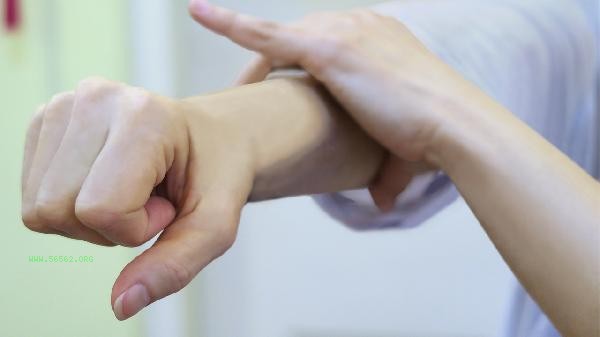Muscle weakness in the arms may be caused by nerve damage, cervical spondylosis, muscular dystrophy, electrolyte imbalance, excessive fatigue, and other reasons. It is recommended to seek medical attention promptly to identify the cause and receive targeted treatment.

1. Nerve injury
Damage to the brachial plexus or peripheral nerves can lead to a decrease in muscle control in the arm. It is commonly seen in traumatic compression, diabetes peripheral neuropathy, etc., and is characterized by unstable holding and acupuncture sensation. The diagnosis needs to be confirmed through electromyography examination, and nutritional nerve drugs such as methylcobalamin tablets and vitamin B1 tablets can help improve symptoms.
2. Cervical spondylosis
When cervical disc herniation compresses nerve roots, it may cause unilateral arm soreness and weakness. Often accompanied by symptoms such as neck stiffness and numbness in fingers. Cervical MRI can provide a clear diagnosis, and physical therapy combined with cervical brace fixation can alleviate symptoms. In severe cases, intervertebral foramen endoscopic surgery should be considered.
3. Genetic diseases such as progressive muscular dystrophy can cause muscle fibrosis, manifested as progressive upper limb weakness. Serum muscle enzyme testing shows an increase in creatine kinase, and genetic testing can confirm the diagnosis. At present, rehabilitation training is the main treatment, supplemented by nutritional support such as coenzyme Q10.
4. Electrolyte imbalance

Electrolyte imbalances such as hypokalemia and hypocalcemia can affect neuromuscular conduction function. Commonly seen after diarrhea and diuretic use, accompanied by limb numbness or convulsions. Blood biochemistry tests are required to confirm that intravenous supplementation of electrolyte solution can quickly alleviate symptoms.
5. Excessive fatigue
Short term intense exercise or repetitive labor may lead to muscle lactate accumulation, resulting in temporary arm soreness and weakness. Proper rest combined with hot compress and massage can restore the condition, and stretching before and after exercise can effectively prevent it.
Daily attention should be paid to maintaining a balanced diet, supplementing high-quality protein and vitamin B in moderation, and avoiding maintaining a fixed posture for a long time. Middle aged and elderly people can engage in low-intensity exercises such as Tai Chi to enhance muscle endurance. If persistent weakness symptoms persist for more than two weeks or are accompanied by other abnormal manifestations, they should seek medical attention from the neurology department as soon as possible to screen for organic diseases. During the rehabilitation period, targeted exercises such as grip ball training can be carried out under the guidance of a doctor to gradually restore muscle function.









Comments (0)
Leave a Comment
No comments yet
Be the first to share your thoughts!